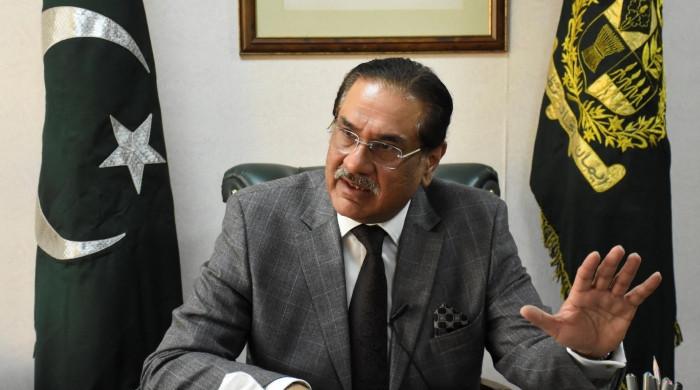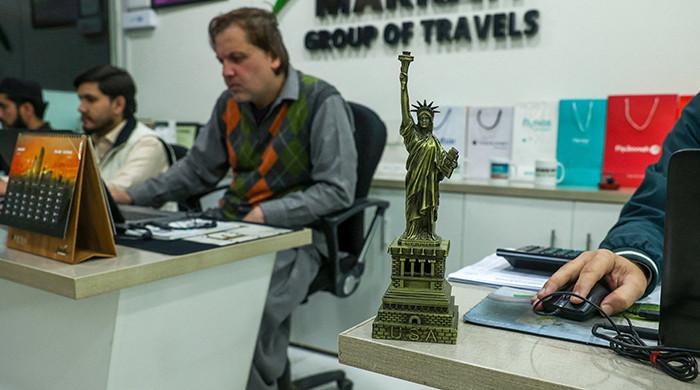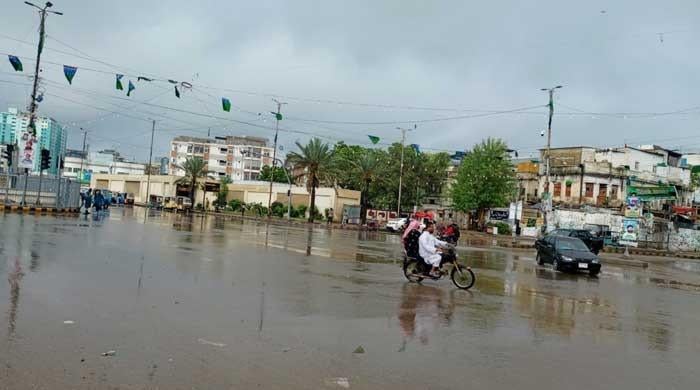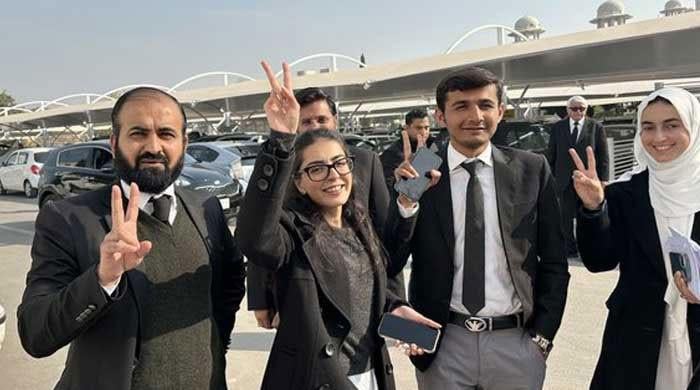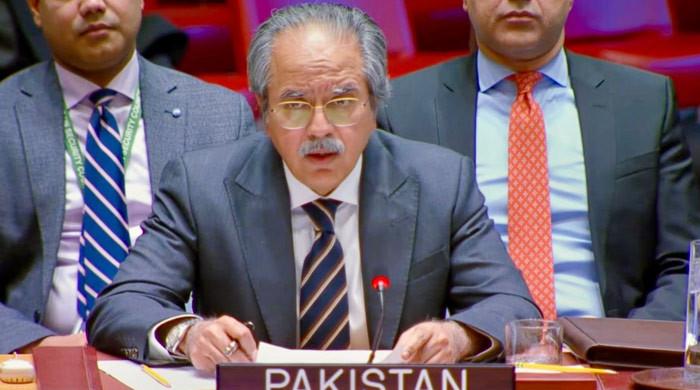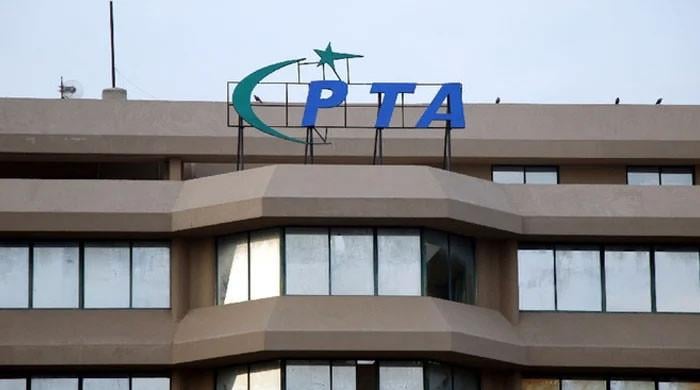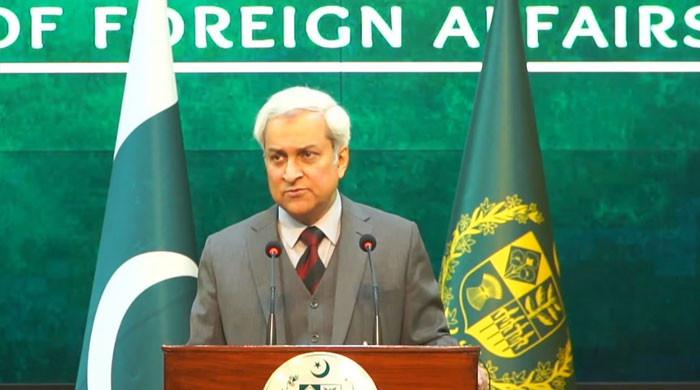Toshakana gifts: Why is the govt embarrassing itself, asks IHC
Government should make public all gifts received from other countries in last 10 years, orders IHC judge
October 14, 2021
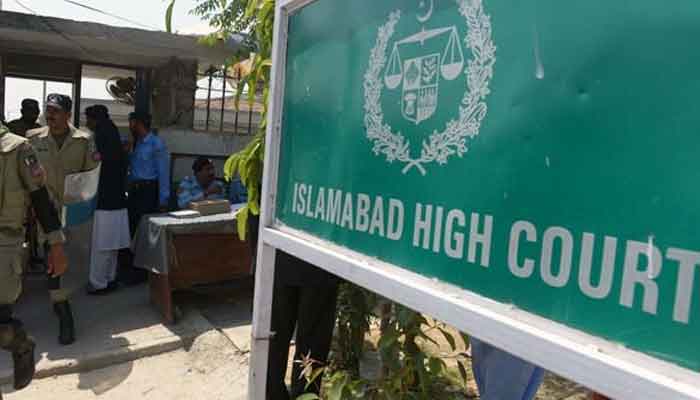
- Court hears government petition challenging PIC orders to share details about gifts given to PM Imran Khan.
- Why is the government embarrassing itself by not revealing the gifts given [given] by other countries, asks IHC judge.
- Assistant attorney-general says this is an era of hybrid warfare and some people will make videos on it.
ISLAMABAD: Gifts given to rulers are not theirs, but gifts for the people. says the Islamabad High Court (IHC).
A single bench of the IHC, headed by Justice Mian Gul Hassan Aurangzeb, took up a petition filed by the Cabinet Division against the Pakistan Information Commission's (PIC) orders to make public the information related to gifts received by Prime Minister Imran Khan.
The issue of the Toshakhana gifts became a major controversy last month when the government approached the court against the PIC decision.
The federal government challenged the matter in the IHC, arguing that details of the gifts received by the prime minister have been designated as “classified”, adding that disclosures about the gift exchanges between heads of state could trigger unnecessary media hype, possibly damaging Pakistan’s relations with other countries.
During the hearing on Wednesday, the court asked why there is a restriction on making every gift public. If some country has given a necklace as a gift, what harm is there in making it public, the court asked.
“Why is the government embarrassing itself by not giving information about the gifts given by other countries?”
“Why does the government not keep all gifts in a museum. The government should make public all the gifts received from other countries during the last 10 years,” said Justice Miangul.
Assistant Attorney-General Attiqur Rehman Saddiqui requested the bench to grant more time so that he could take instructions from the federal government.
The assistant attorney-general adopted the stance that this was an era of hybrid warfare and some people would make videos on it.
The bench asked how access to information could be denied in this age.
The court, however, granted time to the assistant attorney-general to get instructions from the federal government.




